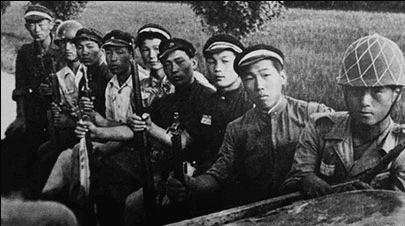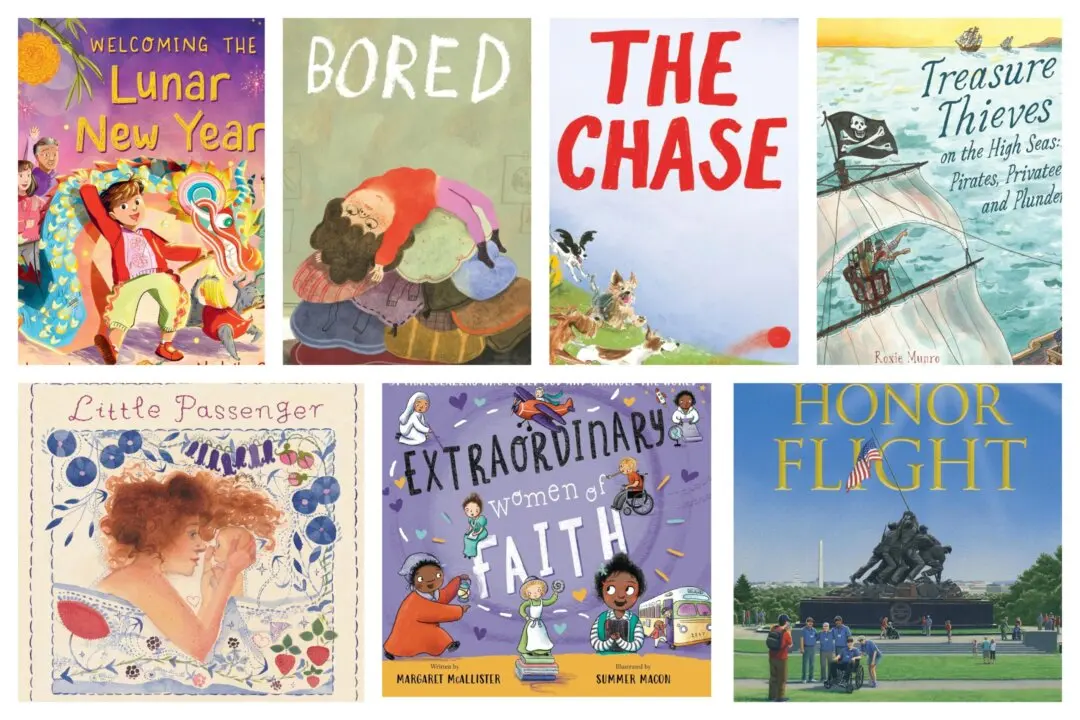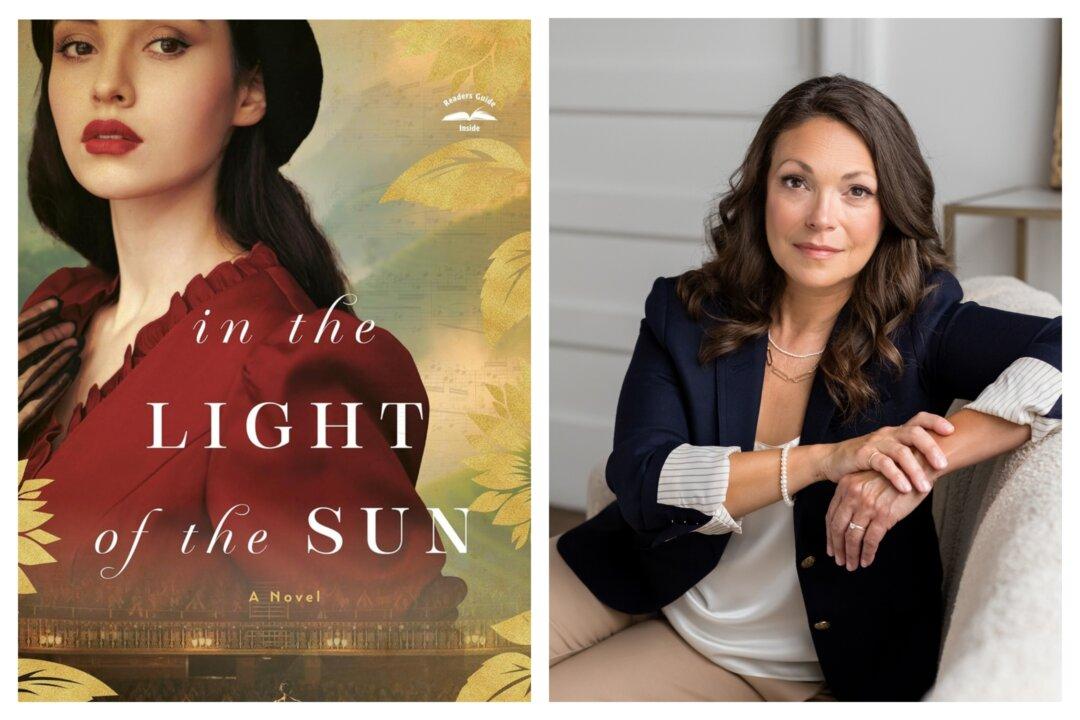Seventy years have passed since the end of the Korean War in 1953. With over 36,000 American fatalities and millions of Korean casualties, it was a heavy price to pay to prevent Korea from completely falling into communist hands. When the Soviets decided to support Kim Il Sung’s aspirations to extend his leadership to South Korea, America stepped in to protect its ally. It was the first major conflict of the Cold War era.
Often called “The Forgotten War” (with the World Wars and the Vietnam War garnering more attention), many young people today may be unfamiliar with this part of history. Julie Lee’s Young Adult historical fiction “In The Tunnel” covers the Korean War through the eyes of a North Korean teen. It is not only informative, but age-appropriate as well.





